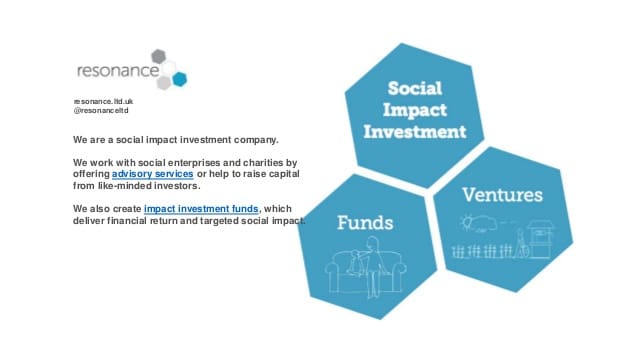This month we’re focusing on Goal 11 of the Sustainable Development Goals, Sustainable Cities and Communities.
According to statistics shown on the United Nations Development Programme website, more than half of the world’s population live in cities. By 2050, this number will rise to two-thirds.
If we don’t start looking at ways to create urban spaces that are sustainable and don’t harm the eco-systems around us soon, the infrastructure on which cities are built will not be enough.
Creating sustainable cities at the moment however is more focused on ensuring enough resources for everyone living in that city.
The primary emphasis is therefore on career and business opportunities, on providing safe and affordable housing and building resilient communities and economies. There has been renewed focus on public transport, green spaces and inclusive and participatory planning, and on finding and creating communities.
We spoke to three members who are working on creating sustainable cities and communities through their work. From using impact investment to provide safe housing to helping people find green and tranquil spaces in their cities, they have kindly shared their stories, and why the work they do within the current eco-system of London is so important.
Our first story comes from long-standing Hub members Resonance.
Resonance are a social impact investment company. They work with social enterprises and charities, offering advisory services to help them raise capital from like-minded investors. They also create and manage award winning impact investment funds, which deliver a financial return and targeted social impact.
They currently have a number of funds that tackle big societal issues such as homelessness, poverty and health and wellbeing. Currently they have over £210m worth of funds under management.
In addition to this, Resonance’s Ventures team act in an advisory capacity and work with social enterprises to help them get ready to raise capital, allowing them to flourish and make more of an impact.
Recently they won an award for their Homelessness Poverty Funds with Saint Mungo’s. Here is how Resonance explained these funds and how they work to help provide safe and affordable housing, and how investment funds can help communities to thrive.
We have 3 Homelessness Property Funds that have recently won an award “Investment Deal of the Decade” at the NatWest Social Business Awards, in conjunction with Pioneers Post.
The funds are managed by the team at Resonance who are a leading social impact fund manager, based in the UK, with over £200m of property funds under management.
Resonance has been acquiring properties across Greater London, Oxford, Milton Keynes and Bristol for the past 6 years, which are then leased to leading homelessness charity St Mungo’s who house individuals and families living in temporary accommodation and at risk of being homeless. This fund model has proved very successful since launch and we are proud to currently house 1,285 individuals, in 457 properties across London.
In early 2019, we made an investment from our Health & Wellbeing Challenge Fund into Newquay Community Orchard. The Orchard received investment of £100,000 to enable it to help further grow the social impact of this highly successful organization. A mix of working and permanent capital will allow for more training courses, apprenticeships and employmentopportunities offered as well as the building of a woodworking shed with a range of equipment. Established for a number of years, the orchard offers a vital green space for the people of Newquay.
This investment is a great example of how impact investment makes a significant difference to a community, as it will allow a deeper level of engagement with people that Newquay Orchard supports, as well as the wider community including those who will be occupying the 200+ new homes being built nearby.
The work that Resonance does shows that providing affordable housing for all isn’t the end of the conversation.
Encouraging engagement and participation in emerging spaces is also important – as is the wellbeing of communities. Next week we’ll be sharing Tranquil Cities story, and looking deeper into how we can not only build cities that are sustainable and resilient, but provide spaces to help citizens become resilient too.


